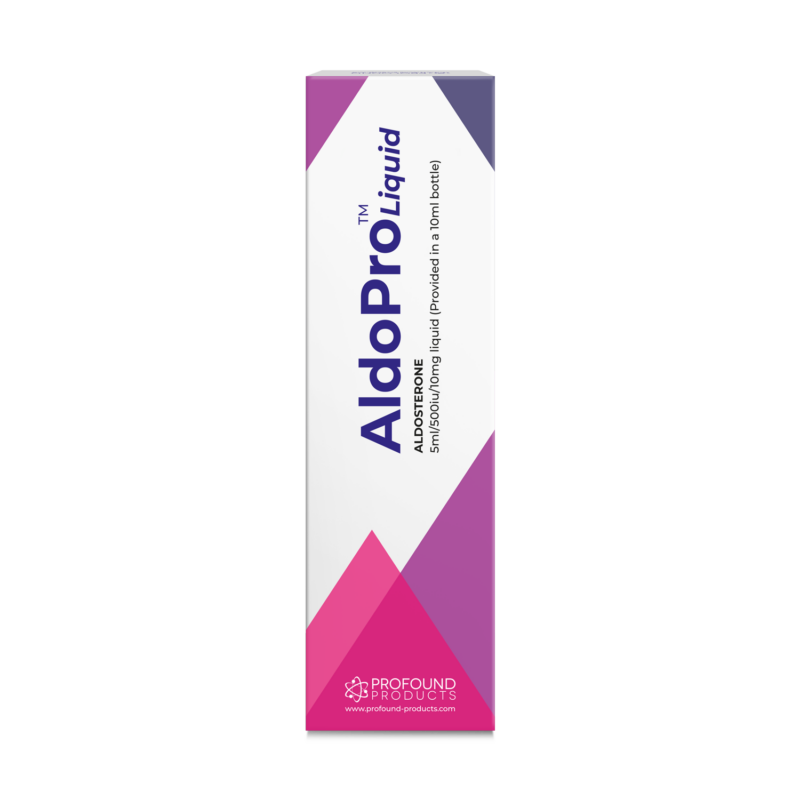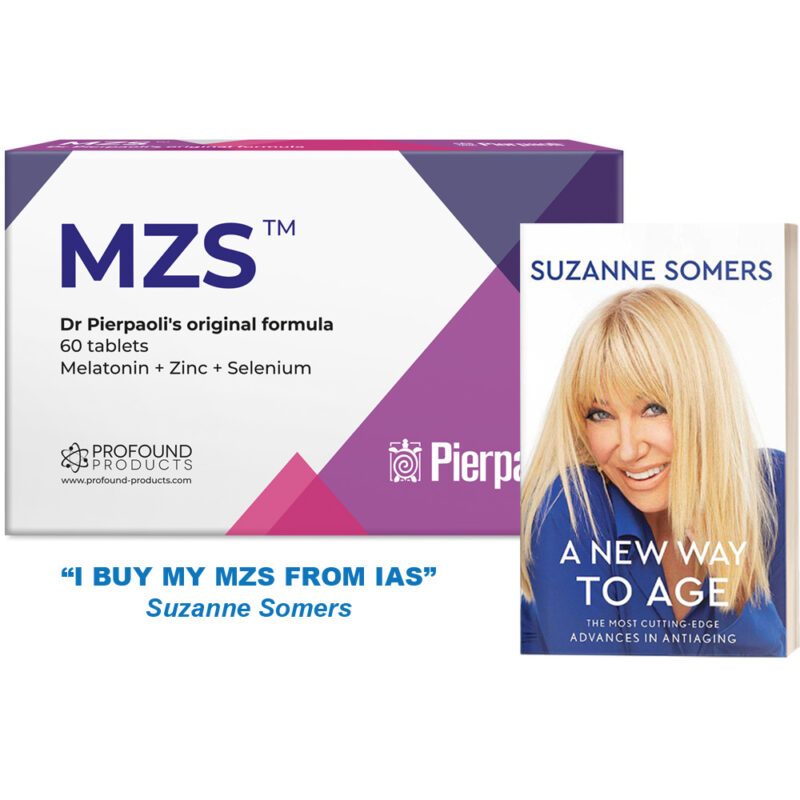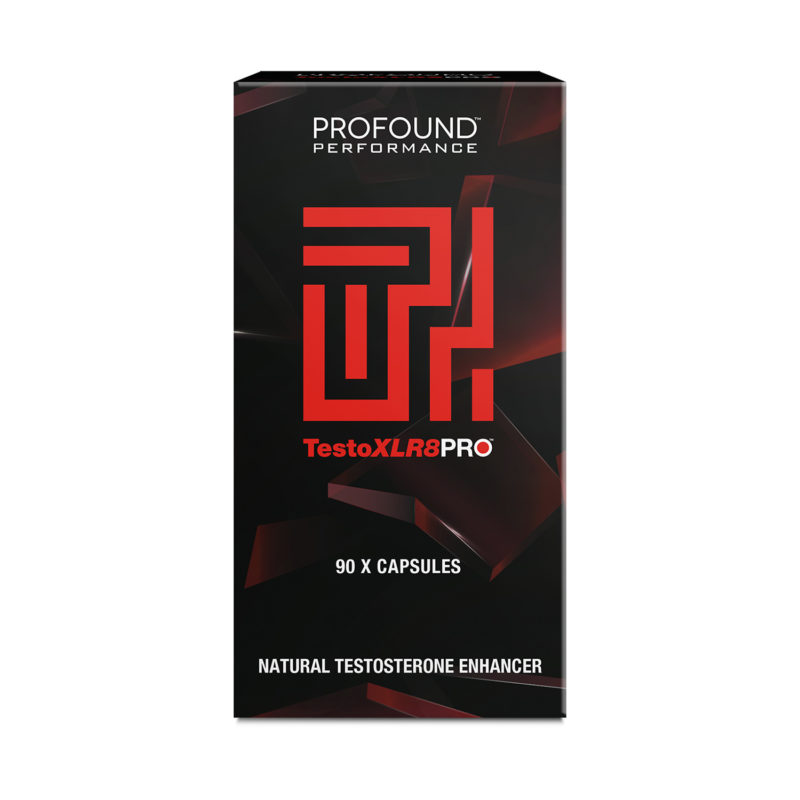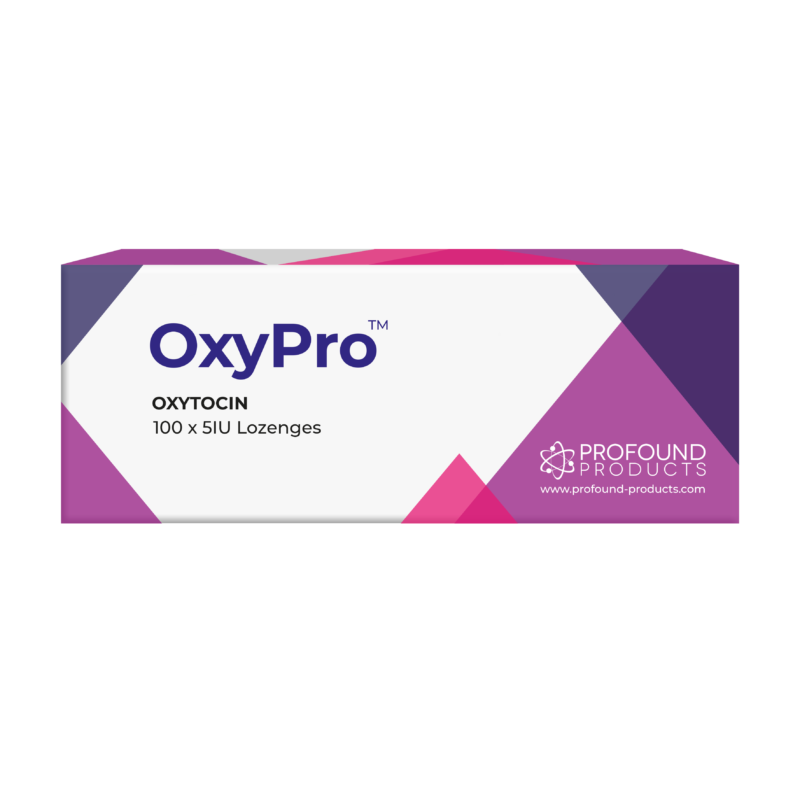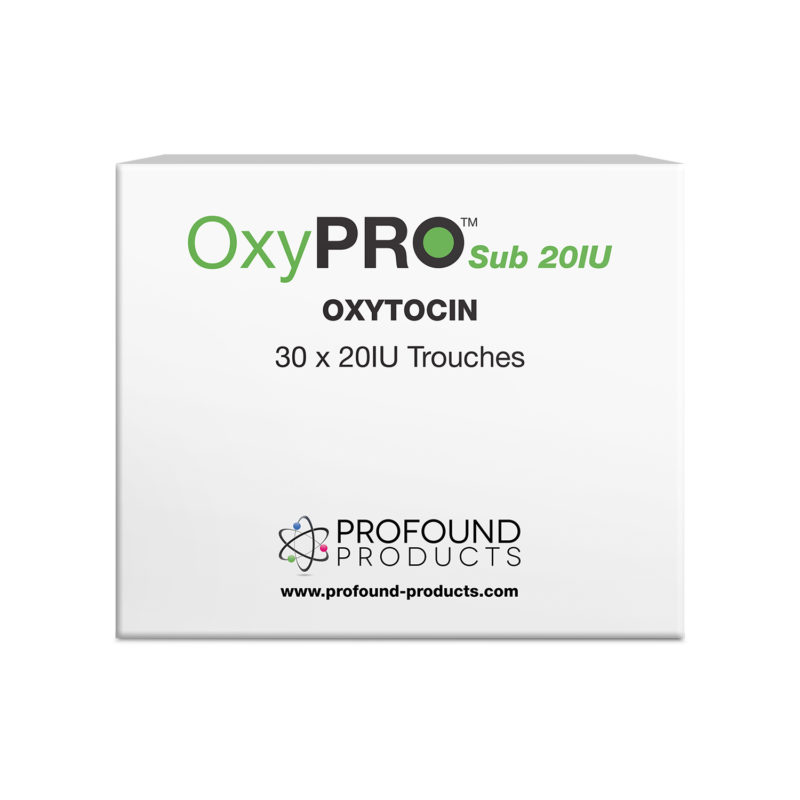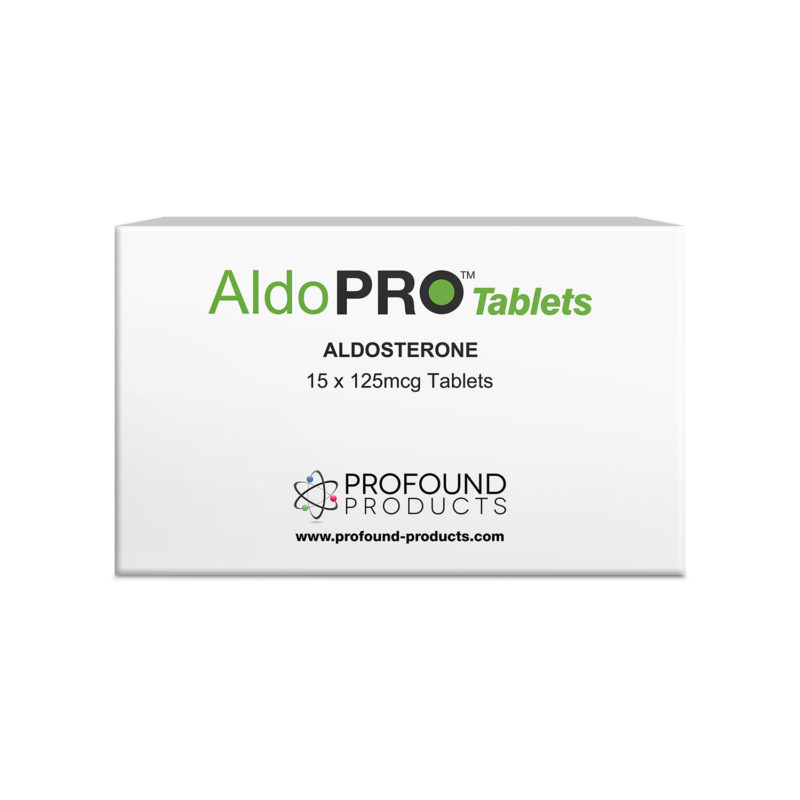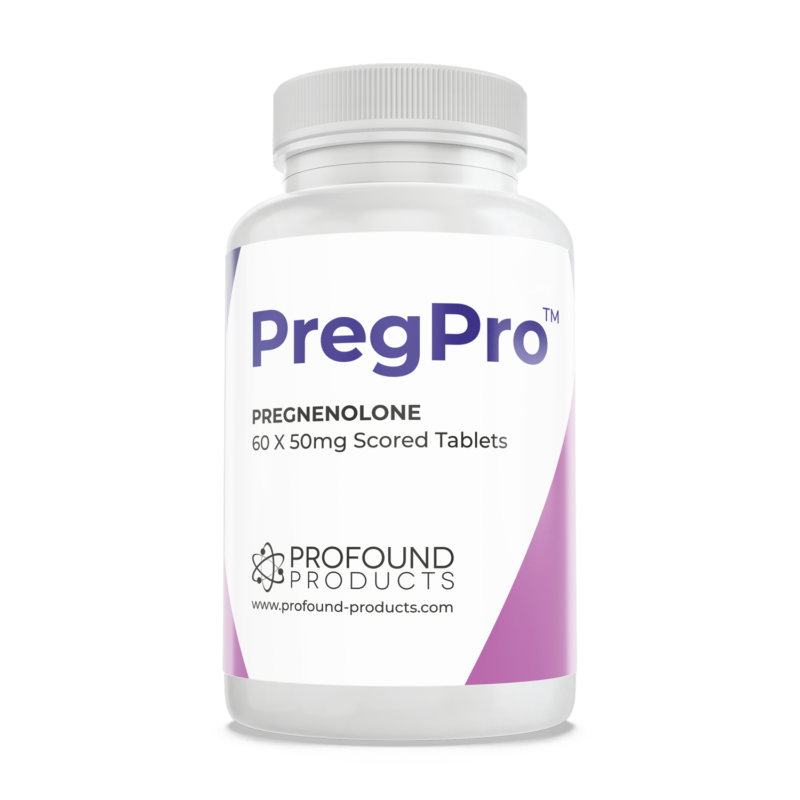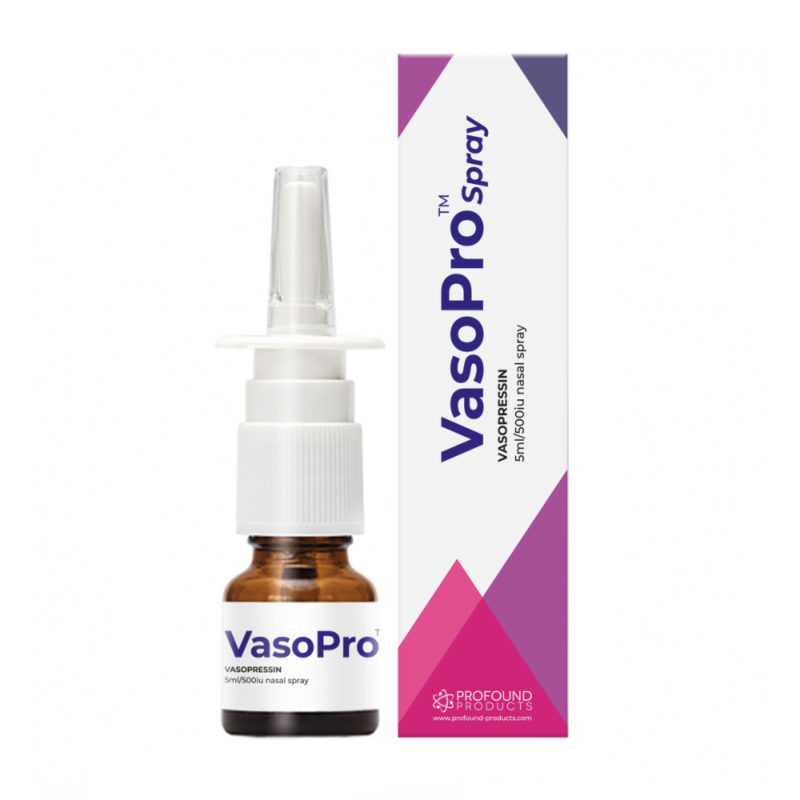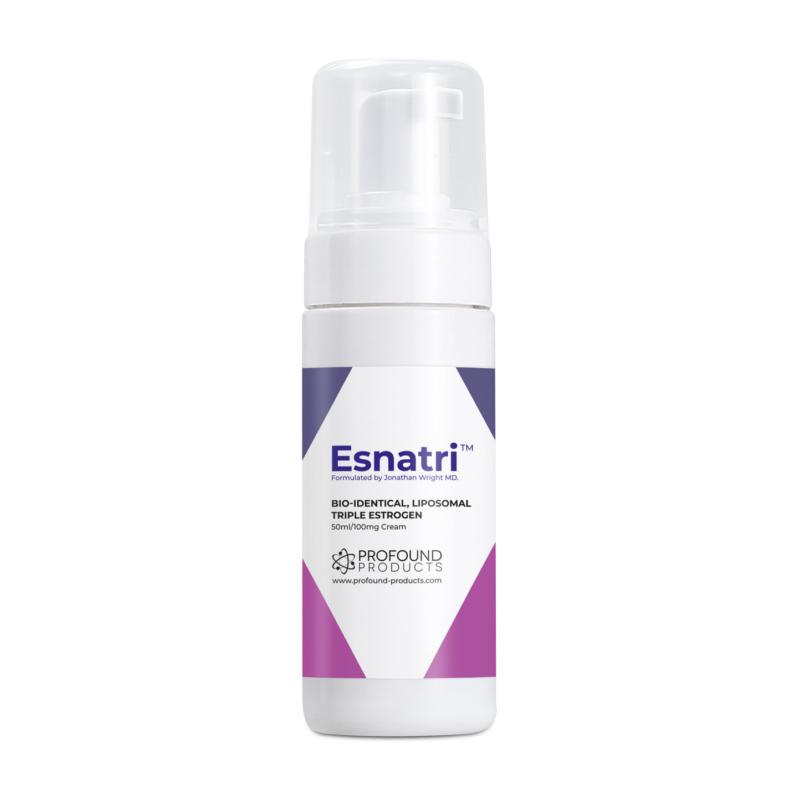Hormones make the difference
The International Hormone Society (IHS) now offers its extensive scientific databank on hormone therapies via its website. This may be a crucial step, one that has been long awaitedbyphysicians and patients, as it works towards establishing hormone therapies as a serious, medically acceptable treatment option for the prevention and treatment of many medical disorders.
Furthermore, IHS’s new international board certification on hormone therapy provides the best international exam to ensure a physician can handle basic hormone therapies successfully and safely.
Why are these two advances so important for physicians and their patients? It’s because the human body, mind, and emotional behavior are shaped by hormones. Although vitamins, trace elements, and other nutrients can help us remain or become healthy, hormones are, in most cases, much more potent.
The dominant importance of hormone therapies
When hormones are lacking, the body malfunctions and may age prematurely. An increasing number of studies demonstrate the ability of hormone therapies to attenuate or even reverse important aspects of aging and disease.
The abundant evidence in support of hormone therapies
Since their appearance in the late 1930s, hormone therapies have triggered controversies and encountered opposition. Their beneficial effects have been met with unbelief or even mistrust on the part of physicians who feel that the important benefits of hormone therapies might hide unacceptable risks. Several portions of the scientific and medical communities still incorrectly think that there might still not be sufficient evidence to support treatment with hormone therapies.
Today, the scientific evidence has accumulated in support of the use of hormone therapies- not only to improve the quality of life, but also to optimize health and physical appearance; prevent, reduce, or even cure disease; and perhaps even to increase longevity.
Current knowledge in hormone therapy has progressed to the extent that scientific publications backing hormone therapies have become references for evidence-based research. The most important hormone therapies have, on average, 10 to 100 times more double-blind placebo-controlled studies in support of their efficacy and safety than most newly released pharmaceutical drugs. There is now sufficient evidence to the regular use of hormone therapies.
The International Hormone Society (IHS)
Over the years, theIHShas stimulated research, data collection, and education on hormone therapy, promoting a scientific, patient-oriented approach with its conferences and data collection.
To make this scientific evidence accessible, the IHS has released the extensive evidence it has reviewed on its website. Most of the information is presented at no cost to all academics, medical doctors, patients, and other interested parties. This free access not only helps patients and physicians’ access scientific information more easily, but also may help to increase the acceptability of hormone therapies by increasing awareness about its scientific support and safety.
Who might be Interested in the IHS internet hormone therapy databank?
- Patients doubting the scientific aspects of one or more hormone therapies and desiring additional information.
- Doctors who treat with hormone therapies and need an informative website to which to send people
- Opponents to hormone therapy searching for the truth.
Refer the website to your friends, family, and medical doctors
Please refer to the: www.intlhormonesociety.org link to all who might benefit of more information, whether they are proponents or opponents of hormone therapy. A special section is reserved for physicians who want to deepen their scientific knowledge, access medical training, and get help for medical board matters.
Contents of the evidence-based hormone therapy data on the website
| Information on the following 20 hormone therapies: |
| Thyroid |
| Estrogen therapy in women |
| Progesterone therapy in women |
| Cortisol/ hydrocortisone |
| DHEA |
| Aldosterone/ fludrocortisone |
| Pregnenolone |
| Melatonin |
| Vasopressin/ desmopressin |
| Oxytocin |
| Growth hormone |
| IGF-1 |
| Relaxin |
| MSH derivatives |
| Calcitonin |
| Parathormone |
| Thymosin-alpha-1 |
| Thymosin beta-4 |
| Estrogen therapy in men |
| Progesterone therapy in men |
An extensive list of references
- All placebo-controlled studies of mainly bioidentical, but some non-bioidentical, hormone therapies, found on PUBMED, the largest and most accessible Internet medical databank.
- Scientific studies that show links between hormone deficiencies and psychological disorders, such as fatigue, lower quality of life, anxiety, depression, memory loss, Alzheimer’s disease, sleep disorders, and sexual dysfunction, and their reversal using hormone therapies.
- Scientific studies that show the link between hormone deficiencies and physical appearance losses (including sarcopenia), and their reversal with hormone therapies.
- Scientific studies that show the links between hormone deficiencies and somatic (physical) diseases and hormone deficiencies such as dyslipidemia, (including hypercholesterolemia), atherosclerosis, coronary heart disease, cardiac failure, obesity, diabetes, rheumatic disorders, osteoporosis, cancer, and mortality, and their improvement or reversal with hormone therapies.
- Scientific studies that show links between many (suboptimal) hormone levels within the reference range and disorders/diseases, suggesting that these suboptimal or supra-optimal levels are hormone deficiencies. These studies are enriched by graphics that represent these associations and they suggest the existence of a narrower optimal range within the large, (population) reference range- where the risk of disease is minimal and hormone health likely optimal.
- Scientific studies reporting the association between hormone deficiencies and complaints/ symptoms and physical signs of hormone deficiencies and excesses.
- Scientific studies that show hormone levels decrease with aging and by which physiological mechanisms, i.e. hormone therapies may therefore protect against aging.
- Scientific studies that address specific controversies in hormone therapies, such as the use of:
- thyroid hormones in heart disease and osteoporosis.
- androgen therapy and prostate cancer.
- female hormone therapy or levels before or after breast cancer.
- growth hormone and cancer.
- and many more hormone topics in discussion.
- Scientific studies that show the frequency of hormone deficiencies, autoimmunity, usefulness of lab tests, etc.
Note: The content is regularly updated.
Physicians can become IHS members
Physicians from all countries and medical specialties can become members of the IHS for free providing they complete the IHS membership. We also advice physicians to sign the IHS hormone therapy consensuses on the major hormone therapies used at physiological doses. The greater the number of physicians from all over the world who sign these consensuses, the more these treatments gain acceptability worldwide.
Advantages of IHS members
- Members of a large group of physicians in an international scientific and medical society will help medical progress and education.
- A reduced rate to gain access to the deeper part of the IHS website, which contains additional and extensive information on hormone therapies, (abstracts of studies, articles, useful information when dealing with medical institutions and boards, expert advice, special forums, etc.)
- Your presence in the society helps boost the movement and influence medical communities.
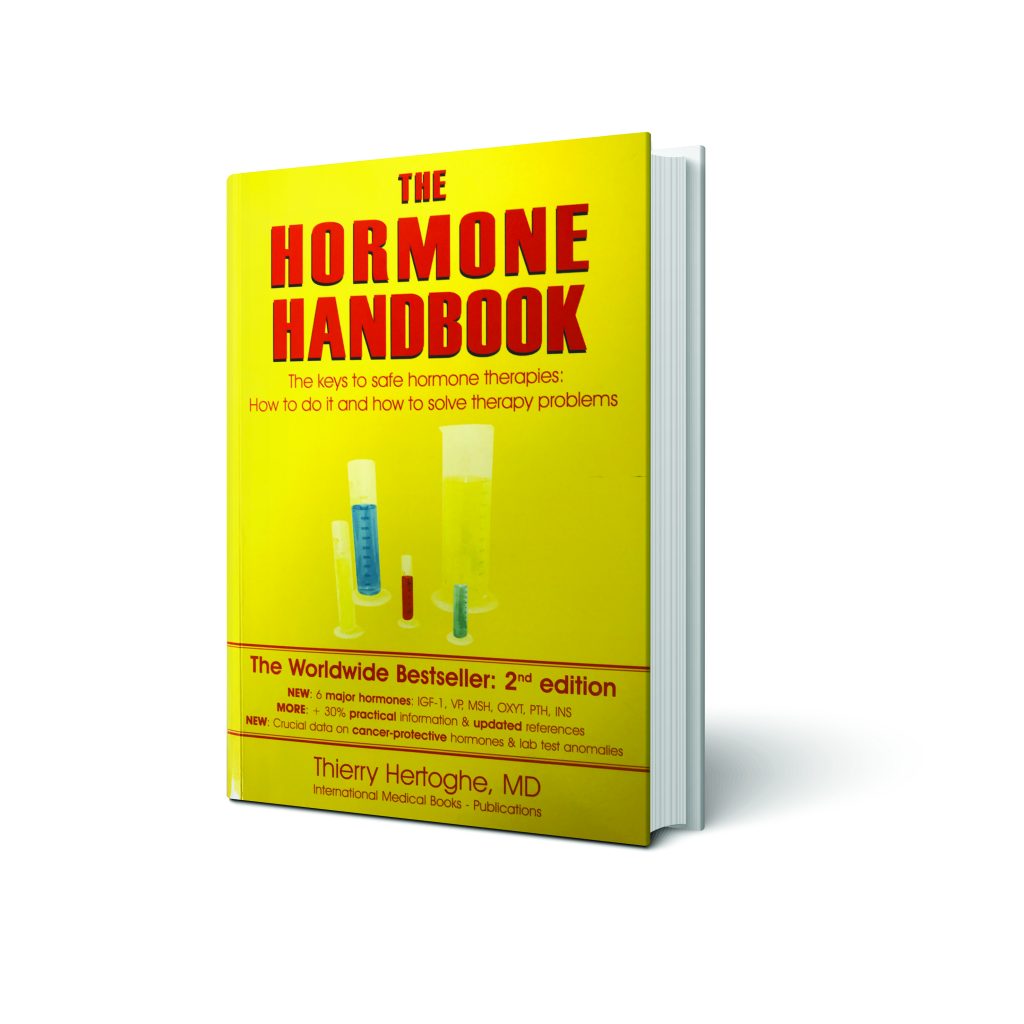
Board certification in hormone therapy
Until now, there has been no international nor, in most countries, any national examination to test the ability of physicians to prescribe hormone therapies and solve follow-up treatment problems. The IHS is proud to announce its written, multiple choice examination that effectively evaluate the practical skills of physicians of all specialties in hormone therapy prescription and follow-up. Successful completion of the examination provides greater guarantees to patients and fellow medical doctors of a physician’s expertise in hormone therapies.
Who can take the examination?
The hormone therapy examination is for certified, licensed physicians. A copy of the physician’s official diploma must be provided. Other health professionals that may legally prescribe hormone therapies in their countries may apply for permission to take the examination.
Why should physicians take this exam?
- Improved medical skills in hormone therapy
- Official recognition and acknowledgement of expertise in hormone therapy by an international medical and scientific organization, the IHS.
- Fun: It is a pleasure to master the basic and advanced skills in hormone therapy. As the learning material is well structured and contains all the necessary information for physicians to practice hormone therapy issues appropriately, questions are easy to answer for physicians who have studied the learning material. Physicians who have gained experience in hormone therapy prescriptions and follow-up will appreciate the quality of the exam even more. Passing the exam provides satisfaction and pride.
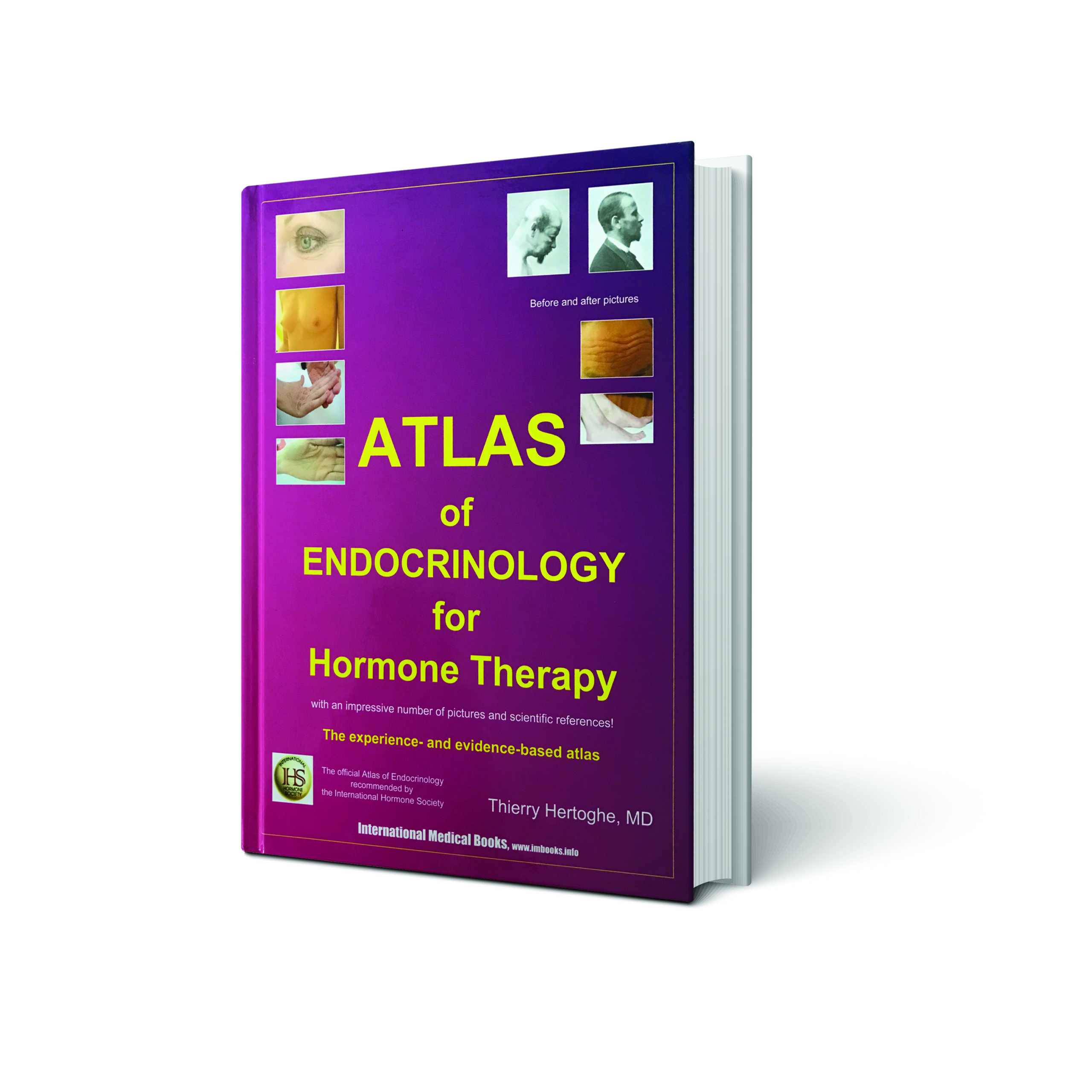
What to learn for the examination
The learning materialconsists of both:
- A well-structured hormone therapy guide for physicians, the internationally best-sellingHormone Handbook(pages 1-39, 43-73, 91-121, 183-245, 267-345, 361-368, 369-375, and 377-420)
- Its complementary book on the physical signs of hormone deficiencies and excess, theAtlas ofEndocrinology for Hormone Therapy(pages 13-48, 61-143, 169-228, 243-308, and 319-324).
The exam tests a physician’s competence in 12 hormone therapies:
- Thyroid
- Estrogen and progesterone
- Testosterone in women
- Testosterone in men
- DHEA
- Melatonin
- Cortisol and glucocorticoids
- Pregnenolone
- Aldosterone and fludrocortisone
- Oxytocin
- Vasopressin
- Growth hormone in adults
Conclusion
For further information and free access to the scientific evidence on the 20 most important hormone therapies go to: www.intlhormonesociety.org
